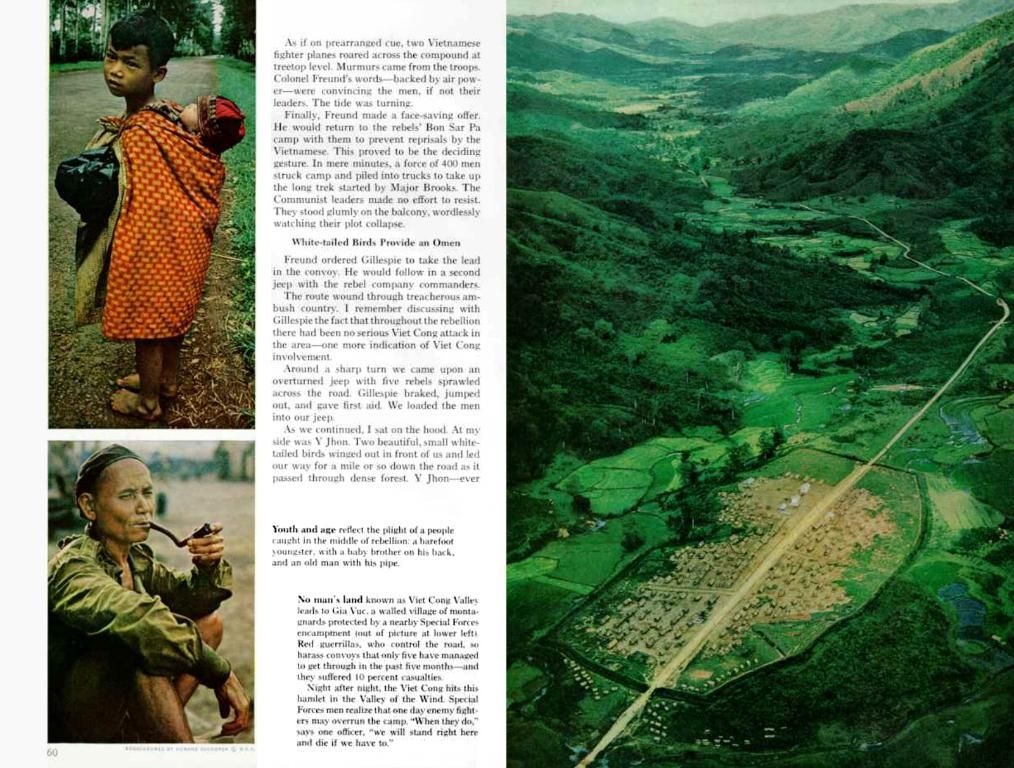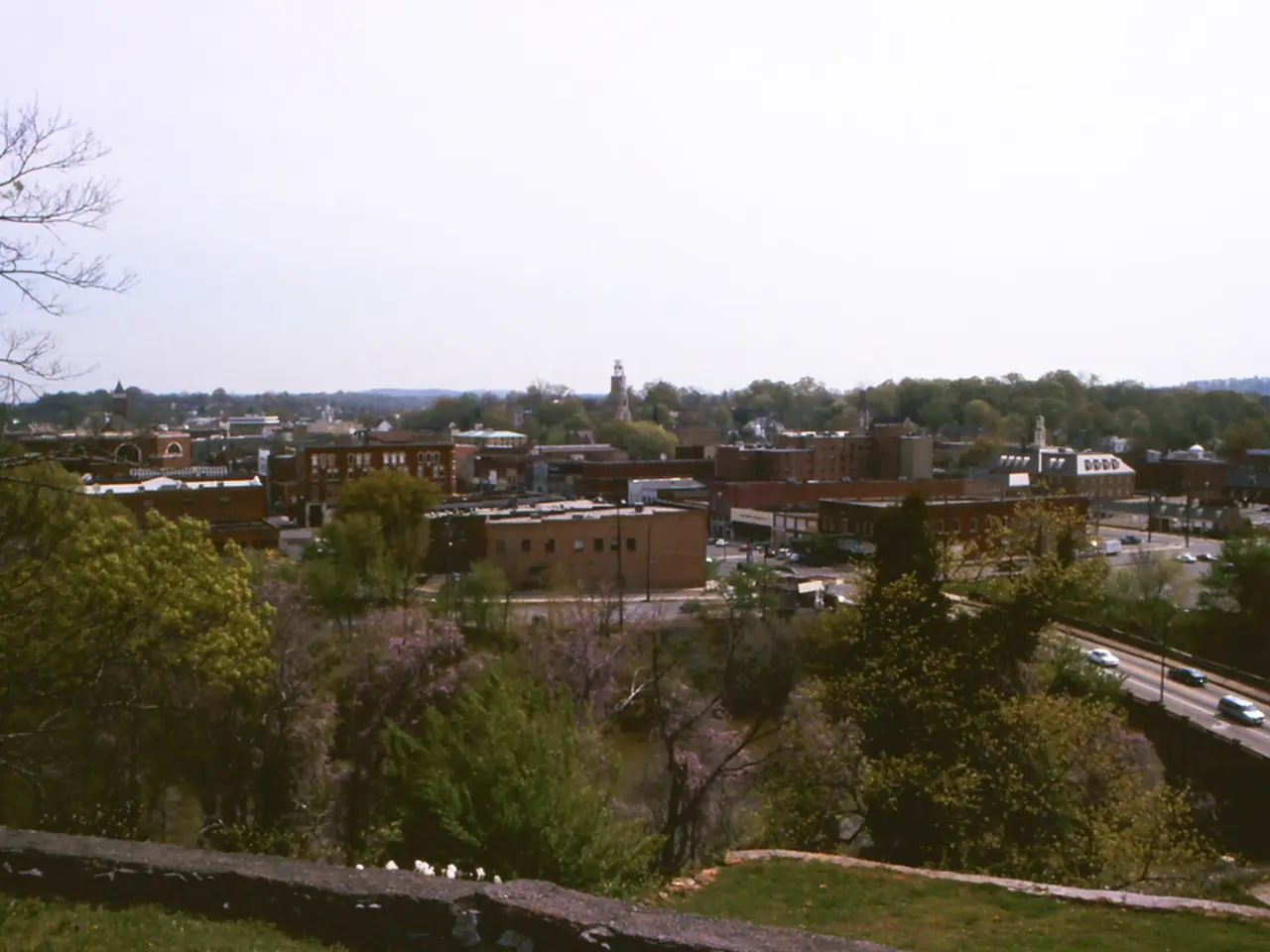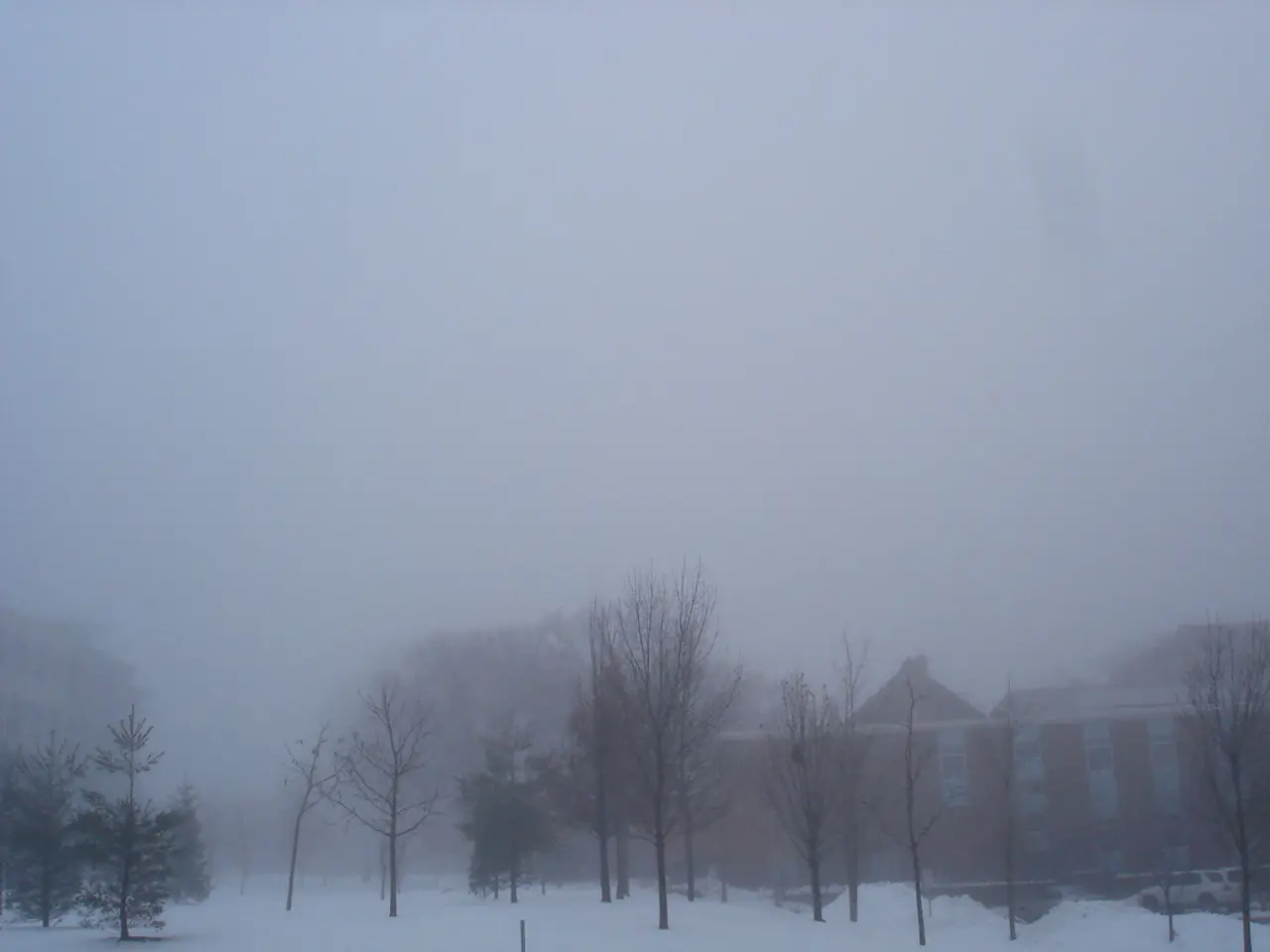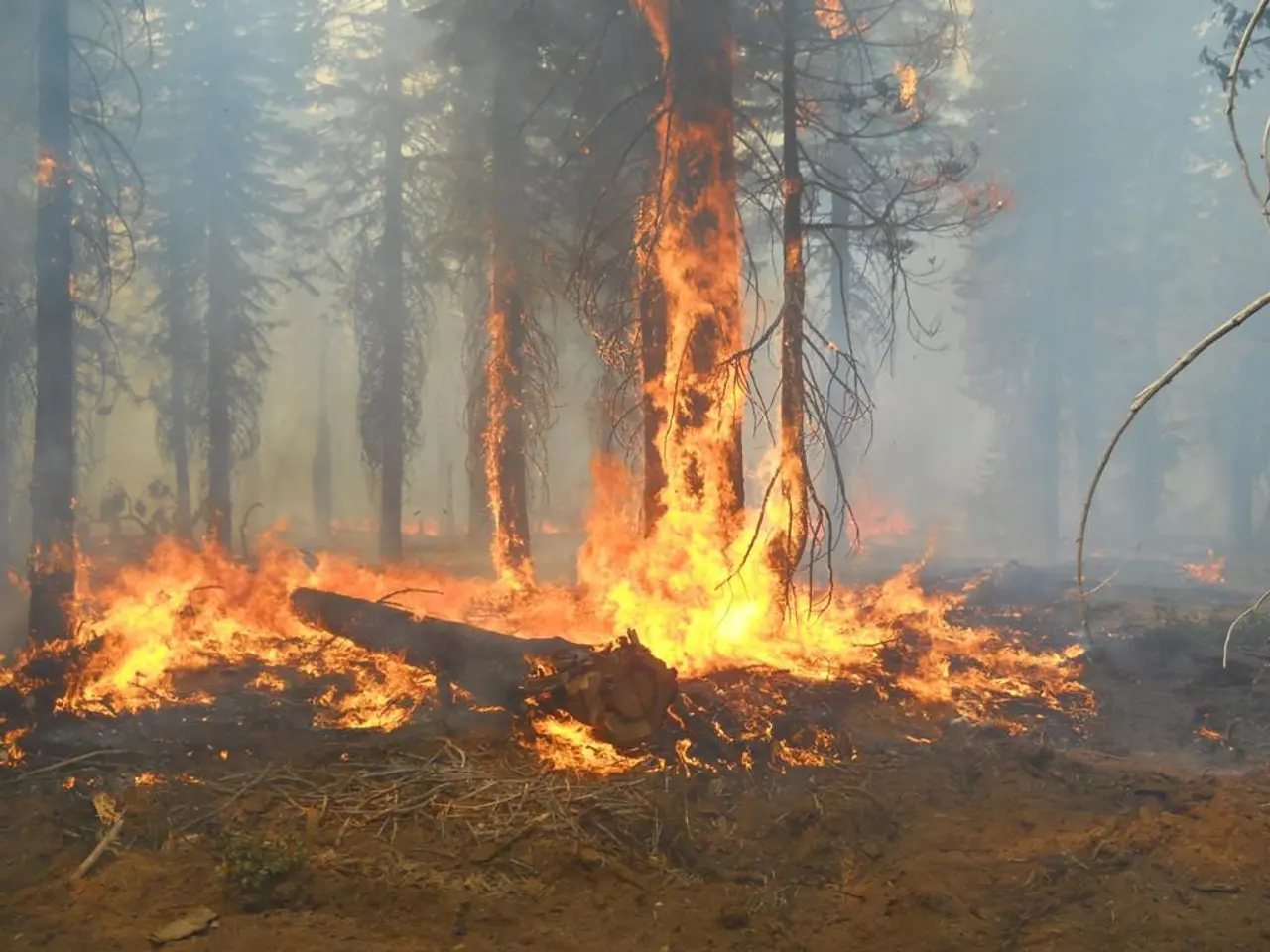Hotter Alps: A Shift in Tourism - Climbing Higher
- *
Soaring heat prompts shift in travel trends: opt for high-altitude destinations - Soaring temperatures are transforming the landscape of global travel and tourism.
Global warming has a more significant impact in the Alps compared to other regions: temperatures are rising faster, natural hazards become more frequent. The challenge for winter sports escalates with altitude, but the summer season gets extended as higher temperatures might lure vacationers to the cooler mountains. This is one of the predictions made by the expert forum "Climate.Sport.Snow" in their position paper presented at the second Alpine Climate Summit on the Zugspitze.
The experts bring data on the warming in the Alpine region. According to their calculations, the average warming since the pre-industrial era until the end of last year was 2.5 degrees in Germany, 3.1 degrees in Austria, and 2.9 degrees in Switzerland.
Swiss glaciers are in retreat: 60 percent lost
Experts warn that despite ongoing global climate protection measures, the annual average temperature in this region will likely rise by another 2 degrees by the end of the century. They also point to further climate signals from Switzerland: glaciers have lost approximately 60 percent of their volume since 1850. Since 1961, the freezing level has risen by 300 to 400 meters.
Winter sports are facing increasing difficulties. Higher snowmaking demands more energy and water and makes the sports more costly. Higher altitudes will increasingly be required for sporting events. Adaptation is still possible but limited.
Change in summer tourism in the Alps
Climate experts also foresee a drastic change in summer tourism in the Alpine countries, opening up new opportunities. "We need to say goodbye to certain things, but we can also benefit from others," said Austrian glaciologist Andrea Fischer.
As the Mediterranean countries get unbearably hot with rising temperatures, people often say during summer: head north. Or rather, up. Tourist pressure on the Alps will increase, said Harald Kunstmann from the Institute for Meteorology and Climate Research at the Karlsruhe Institute of Technology (KIT). "People are consciously moving to higher altitudes."
Traveling to the Alps can be more climate-friendly than jetting off to other vacation destinations, especially when using public transportation. "From an environmental standpoint, a vacation in the Alps is a sound choice," said Kunstmann.
The impact of climate change on research was made clear by the landslide in Blatten, Switzerland. There, a measuring station was also buried, as Sven Kotlarski from the Federal Office of Meteorology and Climatology MeteoSwiss reported. The disaster was probably due to the melting of the permafrost, i.e., the permanently frozen and thus stabilizing soil. Two weeks prior, a rockslide overwhelmed large parts of the village of Blatten - the approximately 300 inhabitants were evacuated to safety just in time.
- Challenges
- Glacier melt
- Snow cover decrease
- Increasing natural hazards
- Opportunities
- Extended summer season
- Greening of the Alps
- Year-round tourism with diversified activities
[1] BeyondSnow[2] Alpine Convention[3] UN Environment Programme[4] EURADA
- The expert forum "Climate.Sport.Snow" suggests that the extension of the summer season in the Alps could be a potential opportunity due to higher temperatures, as vacationers might be drawn to the cooler mountains for tourism.
- In light of ongoing global climate change, experts predict that the annual average temperature in the Alpine region will likely rise by an additional 2 degrees by the end of the century, posing challenges for winter sports such as increased demands for snowmaking, higher costs, and the need for sporting events to take place at higher altitudes.
- As Mediterranean countries become unbearably hot due to rising temperatures, tourist pressure on the Alps is expected to increase, leading to a shift in tourism towards the cooler mountains. This change in trend, combined with the potential extension of the summer season, could pave the way for year-round tourism with diversified activities, making a vacation in the Alps a more environmentally-friendly choice compared to jetting off to other vacation destinations.







